
OR
New local governance
According to the new constitution, in federal Nepal the existing 75 districts will each have only five government offices: the District Court, the District Attorney Office, the District Police Office, the District Administration Office, and the District Treasury Controller Office.
All the other district-level offices will be dissolved and their duties delegated to the respective municipalities and rural municipalities. This means that the new local level units will have vastly more powers than the local units they are replacing. They will now be responsible for everything from drinking water, forest conservation, roads, labor issues, education to elderly-care and sports. Yet ownership transfer of the district-level offices (and their associated duties) to municipalities and rural municipalities has not been easy.
First, have the new local units been adequately empowered, both in terms of money and manpower, to carry out these added responsibilities? There is similar confusion about the duties of the wards, now the lowest level of government in the country.
Moreover, the budget for the fiscal 2017/18 allocated Rs 225 billion in grants to be transferred directly to the new local units. These units have also been given the power to select their own development plans and projects. Metropolitan and sub-metropolitan cities can henceforth implement projects worth up to Rs 20 million on their own: while municipalities and rural municipalities will now be able to directly oversee projects worth Rs 20 million and Rs 10 million respectively. In order to meet the financial shortfall, these units can use levy local taxes. But are these new units ready for such a big financial responsibility? And can the central government arrange for the kind of vast oversight and monitoring mechanisms that will be essential to ensure that all this money is wisely spent? How will the undue interference of local representatives of political parties be minimized? What we got to see in the past decade and half is that these representatives at the local level shamelessly gobble up local level funds, and only a tiny fraction of the money actually goes to intended projects. Since party representatives will again control local purse-strings, how do we ensure that this kind of free-for-all is not repeated?
We understand that Nepal is pursuing local governance under the federal structure for the very first time and there are as such bound to be new challenges for people’s representatives. Many things they will have to learn through trial and error. Yet it would also be dangerous to leave local governance completely up to chance. If a wrong precedent is set at the start, it will be hard to change. This is why there is an urgent need for a massive training program for the new elected officials. Perhaps we need foreign trainers for this. The country could also do with the help of experts from the countries that have successfully devolved centralized powers. More than that, it will be up to our major political parties and their local representatives to ensure that local governance under the new federal setup is both clean and efficient.
You May Like This

Nagdhunga-Sisnekhola tunnel breakthrough: Beginning of a new era in Nepal’s development endeavors
The breakthrough of the Nagdhunga-Sisnekhola tunnel marks a significant leap forward in Nepal's development. For Nepalis who have only traveled... Read More...

Strengthen oversight to ensure good governance practices in banking sector
The integrity of financial institutions is critically important for the economic stability of any country. In Nepal, where commercial banks... Read More...
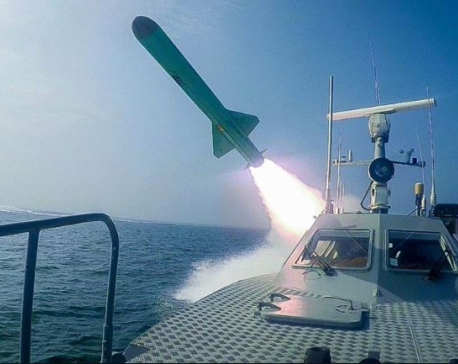
Iran’s counterstrike
The Middle East, indeed, the entire international community, was on tenterhooks after Israel struck the consular section of Iran’s embassy... Read More...

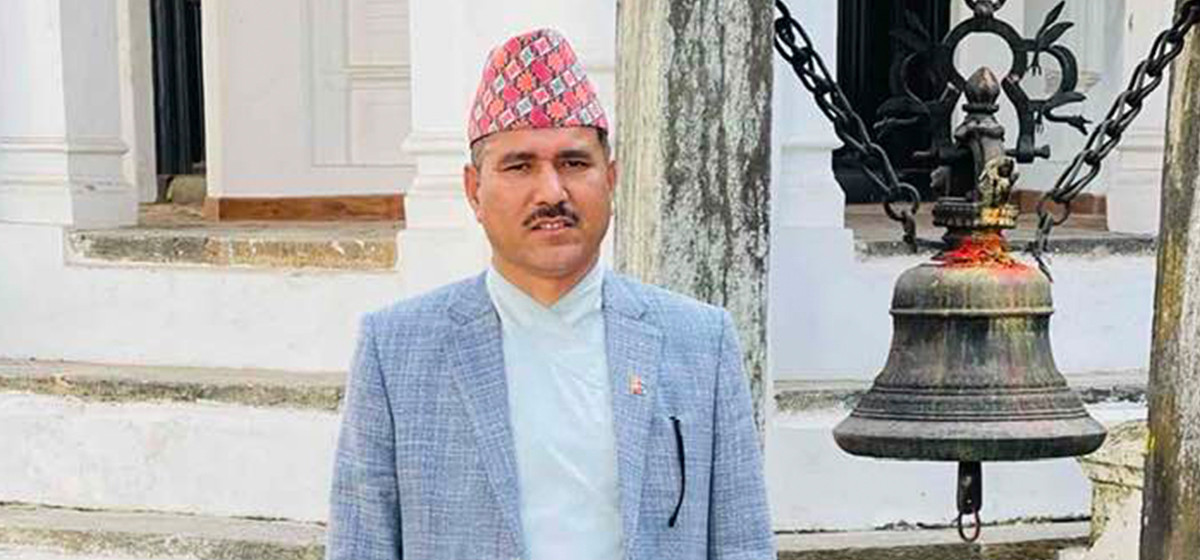
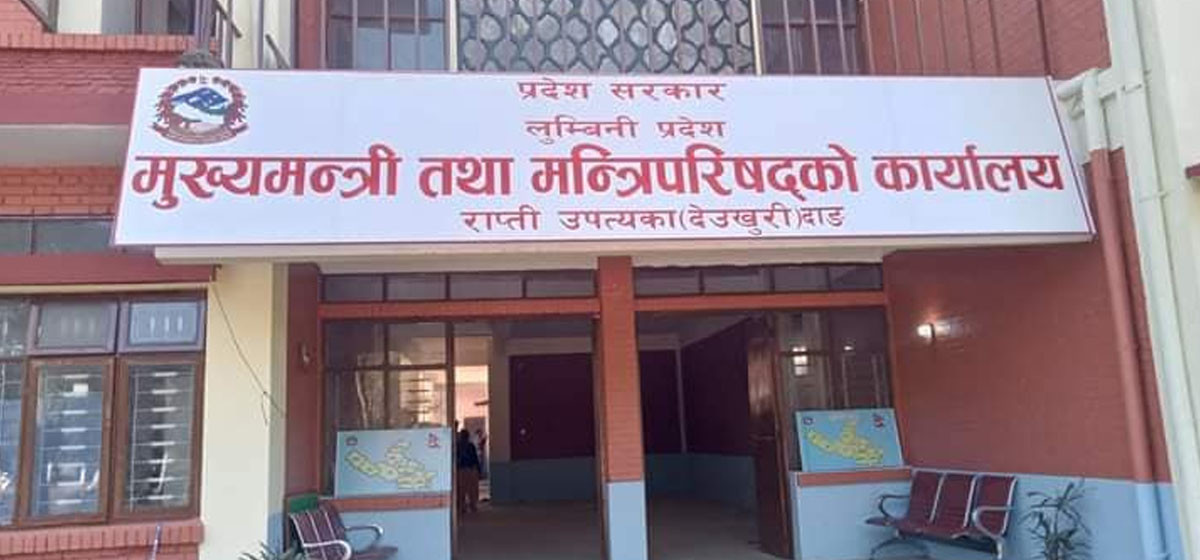
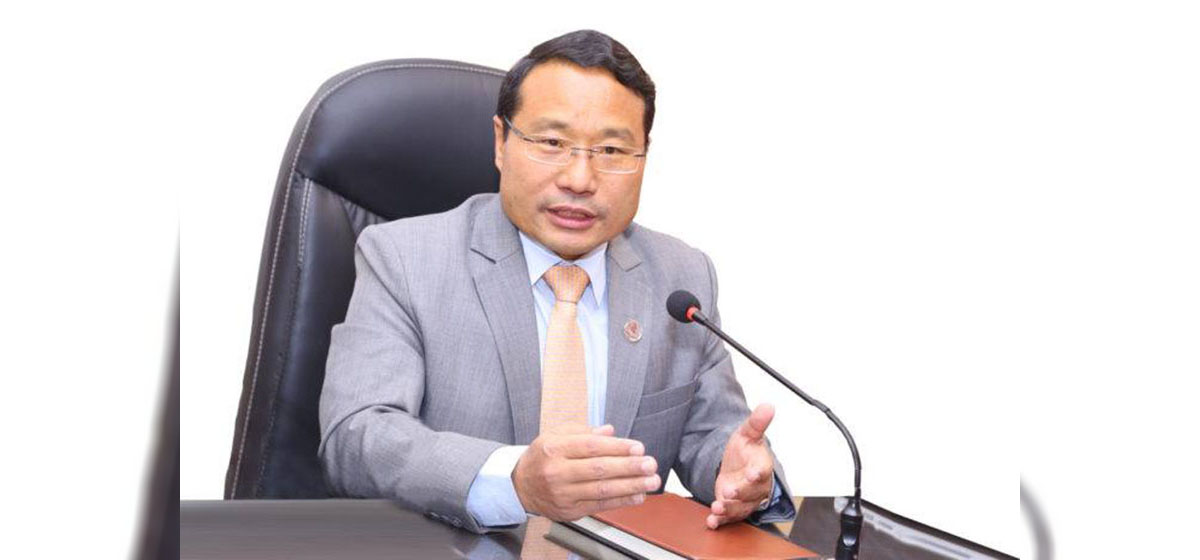
Just In
- ED attaches Raj Kundra’s properties worth Rs 97.79 crore in Bitcoin investment fraud case
- Newly-appointed Auditor General Raya takes oath
- CM Mahara expands Cabinet in Lumbini Province
- FinMin Pun addresses V-20 meeting: ‘Nepal plays a minimal role in climate change, so it should get compensation’
- Nepalis living illegally in Kuwait can return home by June 17 without facing penalties
- 'Trishuli Villa' operationalized with Rs 100 million investment
- Unified Socialist rejoins Lumbini Province govt following ministry allocation
- Police release ANFA Vice President Lama after SC order













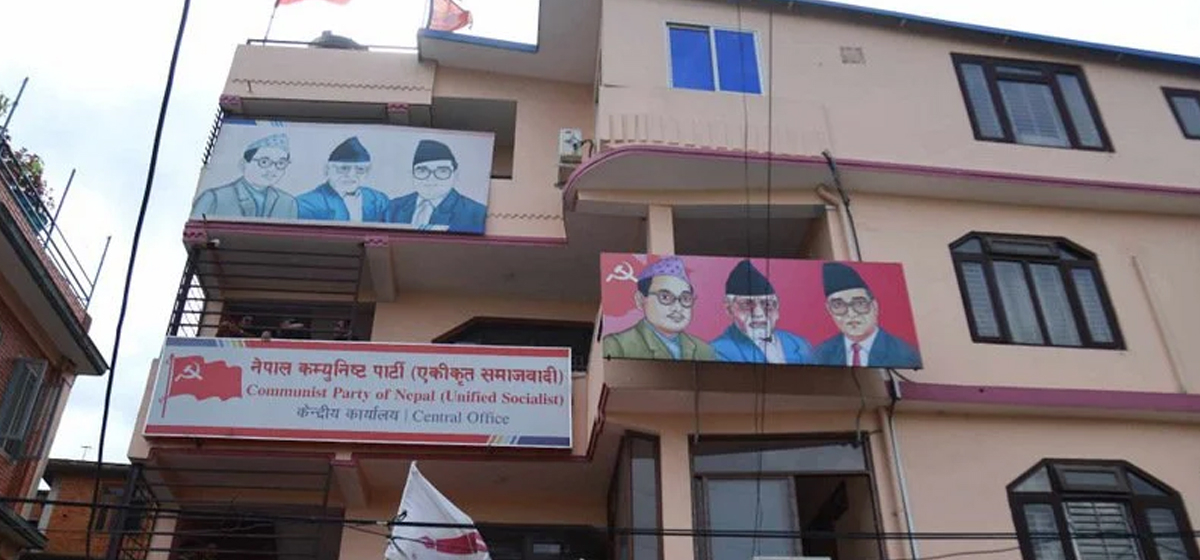

Leave A Comment